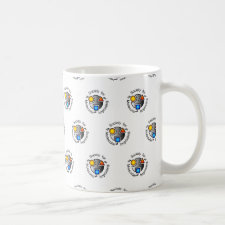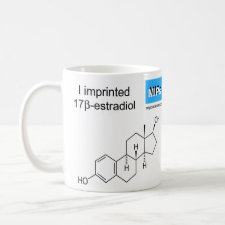
Authors: Zhou TC, Shen XT, Chaudhary S, Ye L
Article Title: Molecularly imprinted polymer beads prepared by Pickering emulsion polymerization for steroid recognition.
Publication date: 2014
Journal: Journal of Applied Polymer Science
Volume: 131
Issue: (1)
Page numbers: Art No 39606.
DOI: 10.1002/app.39606
Abstract: Pickering emulsion polymerization was used to synthesize molecularly imprinted polymer beads for the selective recognition of 17-β-estradiol under aqueous conditions. Scanning electron microscopy analysis indicated that the imprinted polymer beads had a small diameter with a narrow size distribution (18.9 ± 2.3 μm). The reduction in particle size achieved in this study was attributed to the altered polarity of the stabilizing nanoparticles used in the Pickering emulsion. The imprinted polymer beads could be used directly in water and showed a high binding affinity for the template molecule, 17-β-estradiol, and its structural analogs. These water-compatible polymer beads could be used as affinity adsorbents for the extraction and analysis of low-abundance steroid compounds in aqueous samples. © 2013 Wiley Periodicals, Inc. J. Appl. Polym. Sci. 2014, 131, 39606
Template and target information: 17-β-estradiol
Author keywords: emulsion polymerization, molecular recognition, nanoparticles, nanowires and nanocrystals



Join the Society for Molecular Imprinting

New items RSS feed
Sign-up for e-mail updates:
Choose between receiving an occasional newsletter or more frequent e-mail alerts.
Click here to go to the sign-up page.
Is your name elemental or peptidic? Enter your name and find out by clicking either of the buttons below!
Other products you may like:
 MIPdatabase
MIPdatabase









